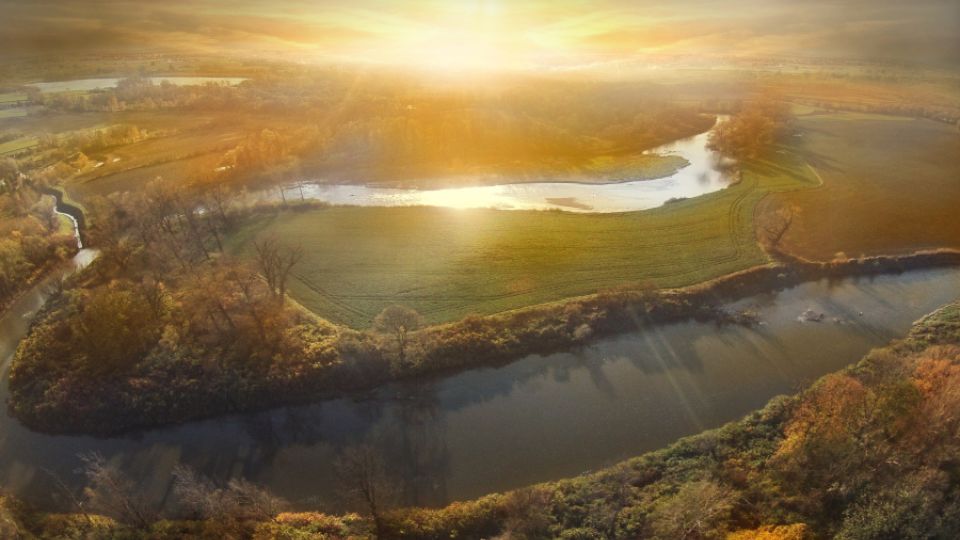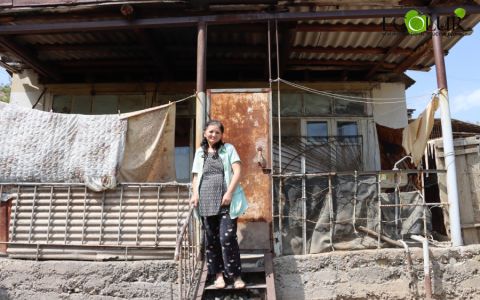Any sustainable system of environmental protection requires not only social acceptance of a thoughtful approach to nature and its ecosystems, but also systemic tools. Those are needed for enforcing regulations, investigating cases of environmental damage, monitoring of hazards and providing information to both the public and the policy makers. A new Arnika’s brochure aims to share the experience of the Czech Republic in building such an institution: providing inspiration and possible tools for environmentalists, especially from countries with similar historical contexts.
“The publication summarises past, present and possible future development of the Czech Environmental Inspectorate, a statewide supervising, monitoring and enforcement authority. Although there also are other models of such a body, our story clearly and hoping reader-friendly shows how the institution was established in a post-communist country, with economy in transition from central planning to free market. Authors are presenting not only successes, but also everyday failures,” wrote Jan Plesník from the Nature Conservation Agency of the Czech Republic in the foreword.
Environmental Crime and Punishment: How to build an efficient state environmental inspectorate – Download and read HERE
Based on open sources, including academic works, as well as on the experience of various actors in the field of environmental protection, the authors assess not only the history, but also the complex development and constantly emerging tasks and challenges for the Czech Environmental Inspectorate.
The publication also provides a solid set of recommendations for building and maintaining such an institution. It does not attempt to establish an eternal dogma, but rather to reflect on a potentially edifying example, hopefully helping readers to navigate their own situation more smoothly and in a broader context.
“We have assessed the Czech historical experience with establishing the Environmental Inspectorate mostly from scratch in the dynamic era of the Czech 90s, not only to provide a possible guidance, but also to point out some obstacles quite typical for the post-communist countries, such as tolerance of corruption and tendencies of various political actors to bend the rules at the expense of the environment,” explains Marcela Černochová, co-author of the publication and an international project coordinator from Arnika.
The brochure is published under the Creative Commons licence with a financial support of the Czech Ministry of Foreign Affairs' Transition programme.








